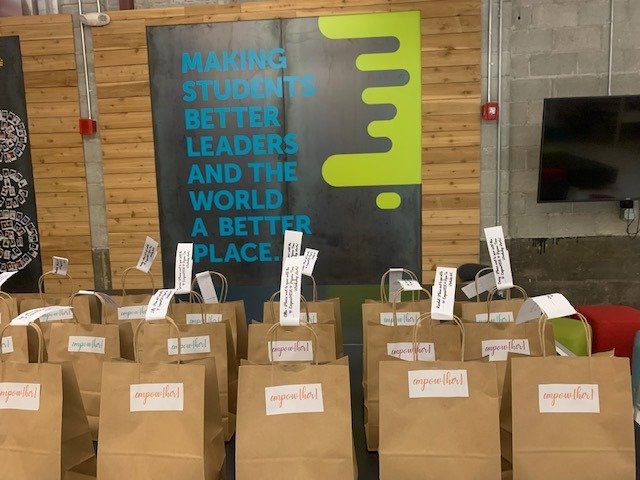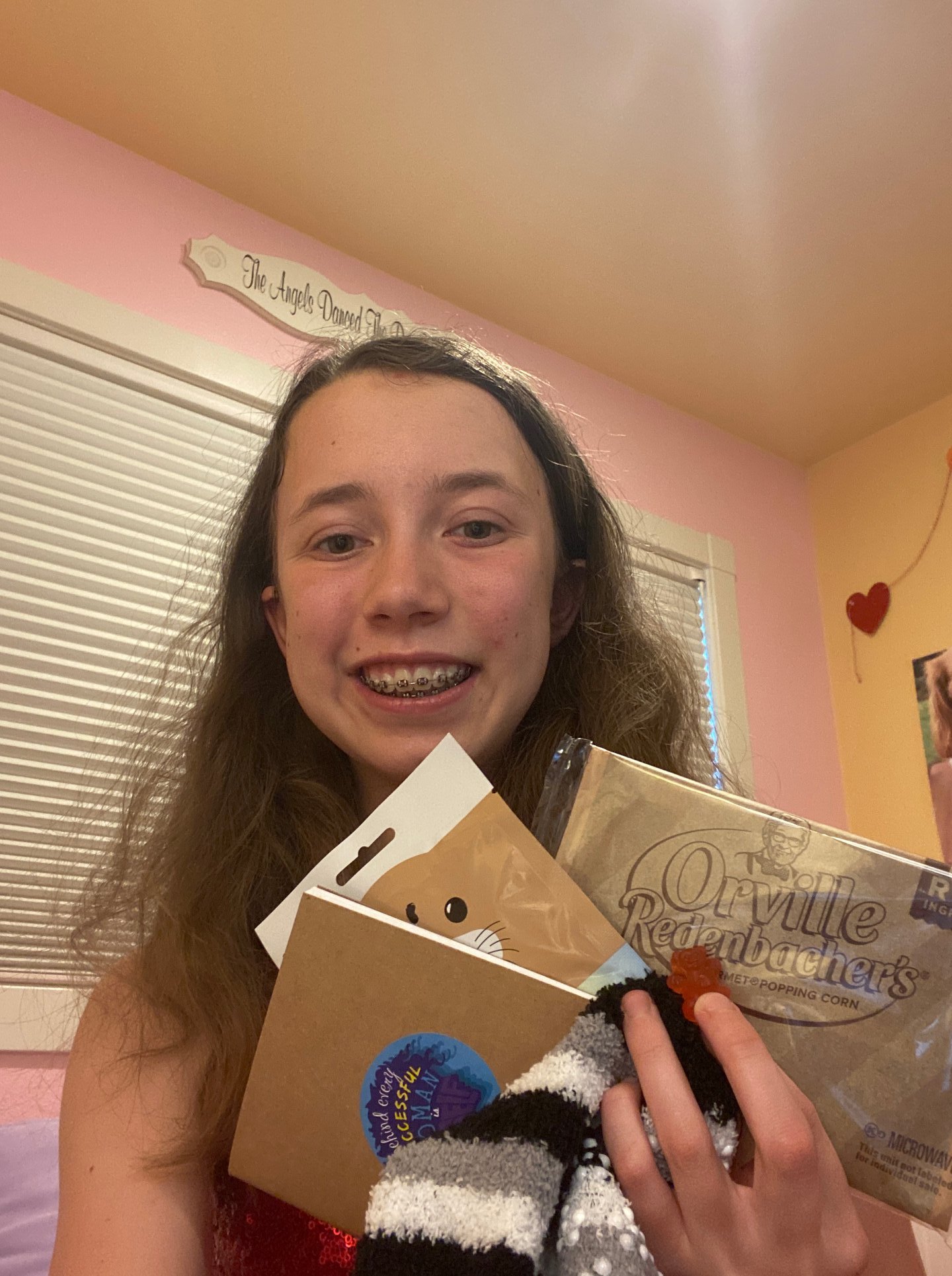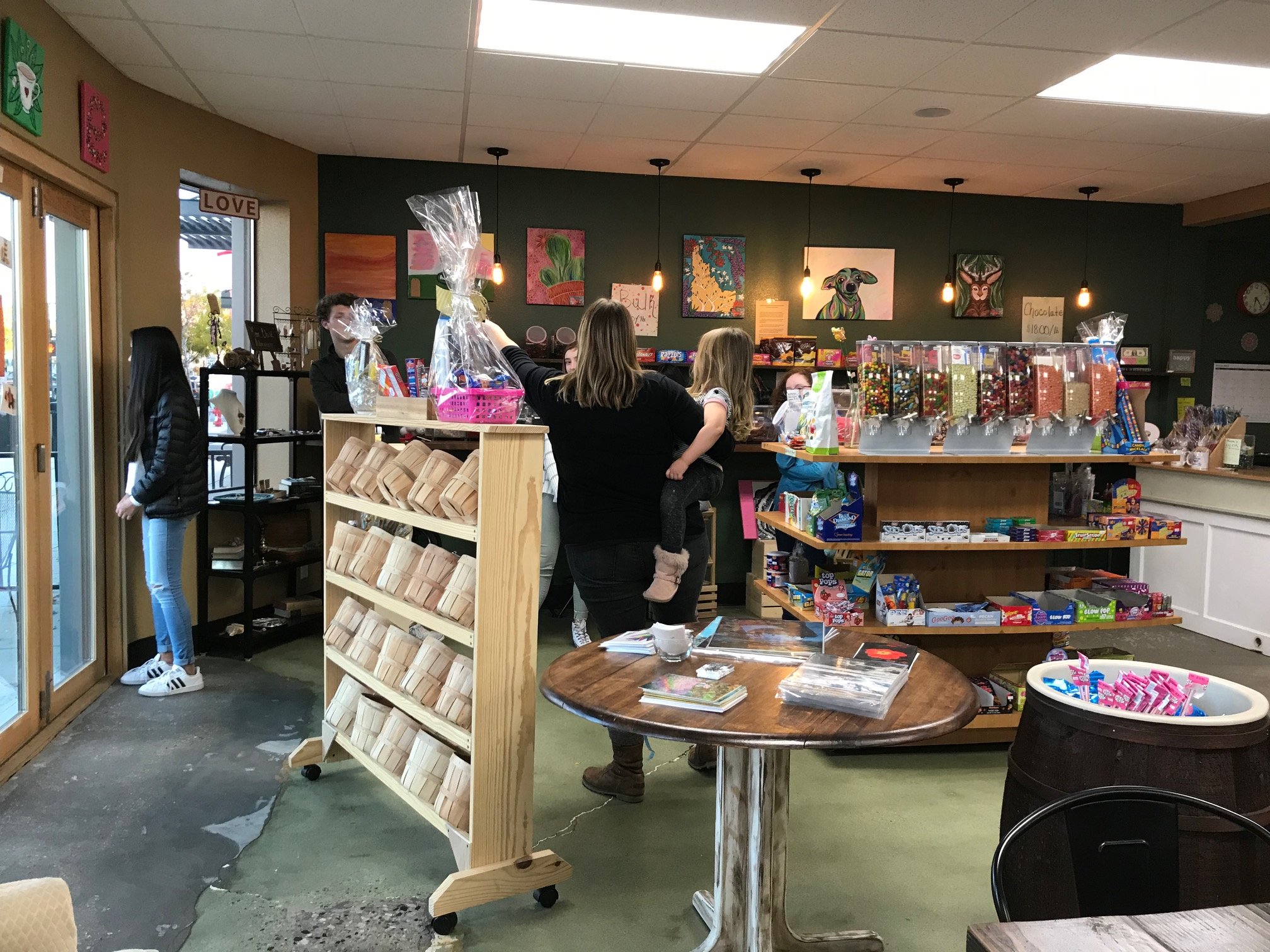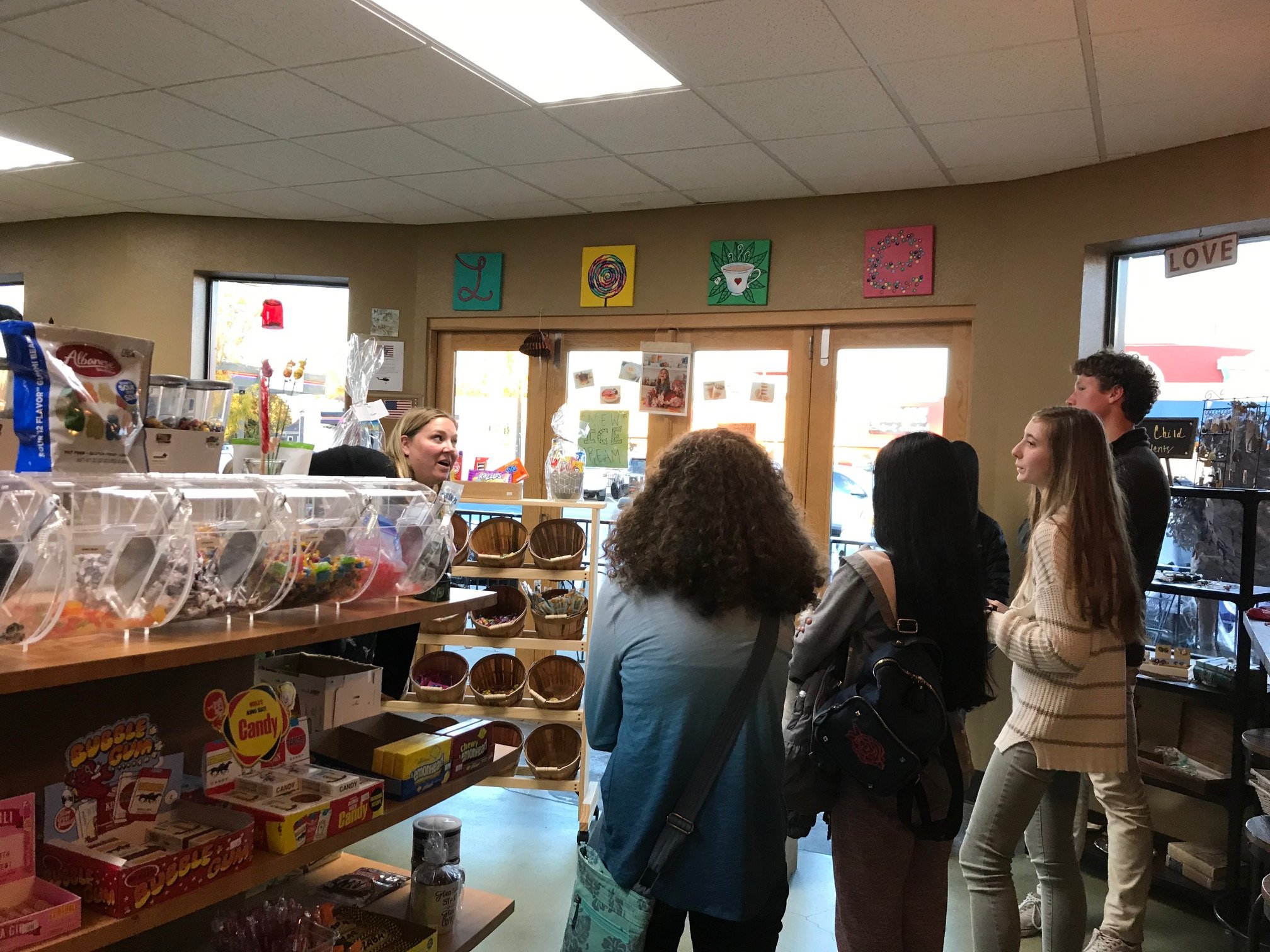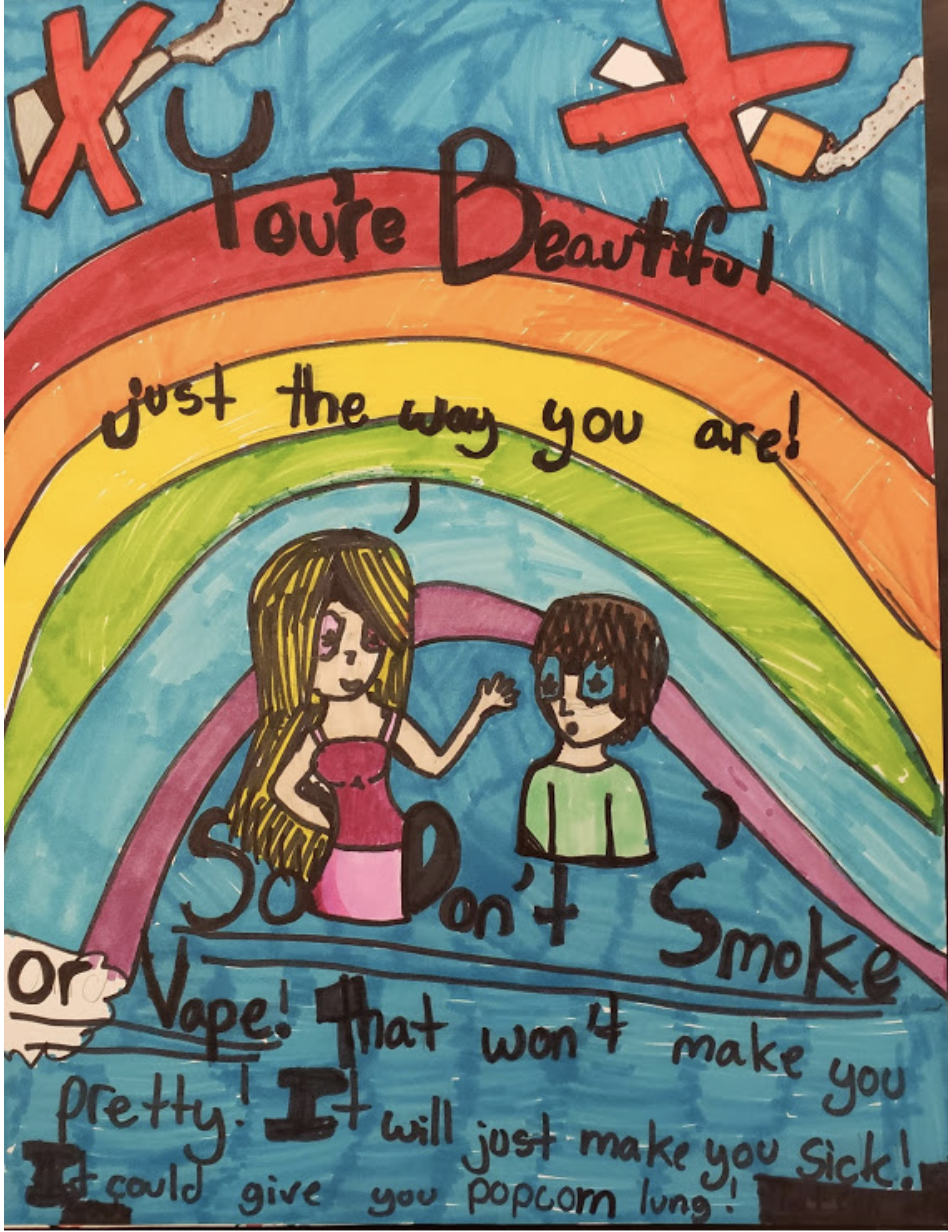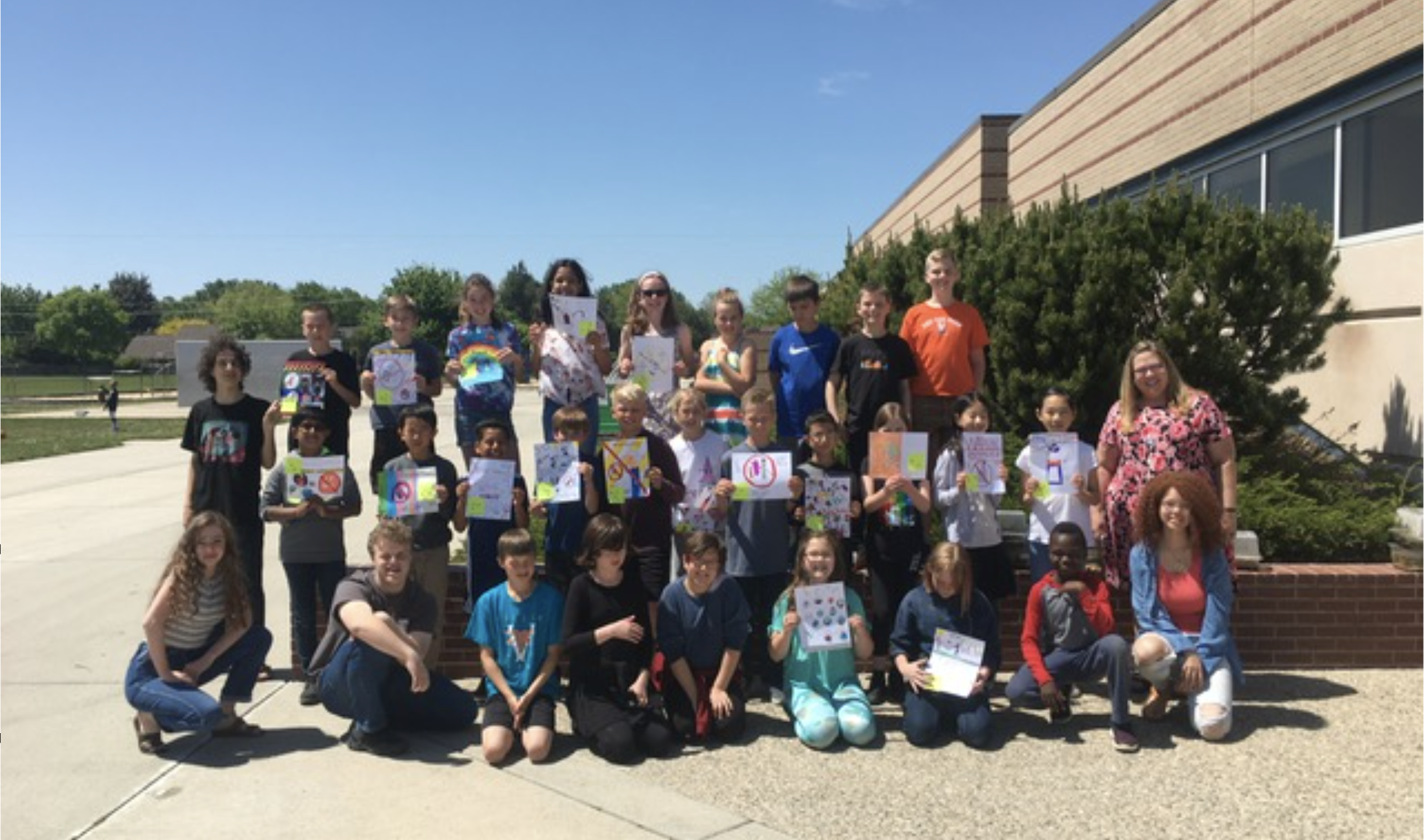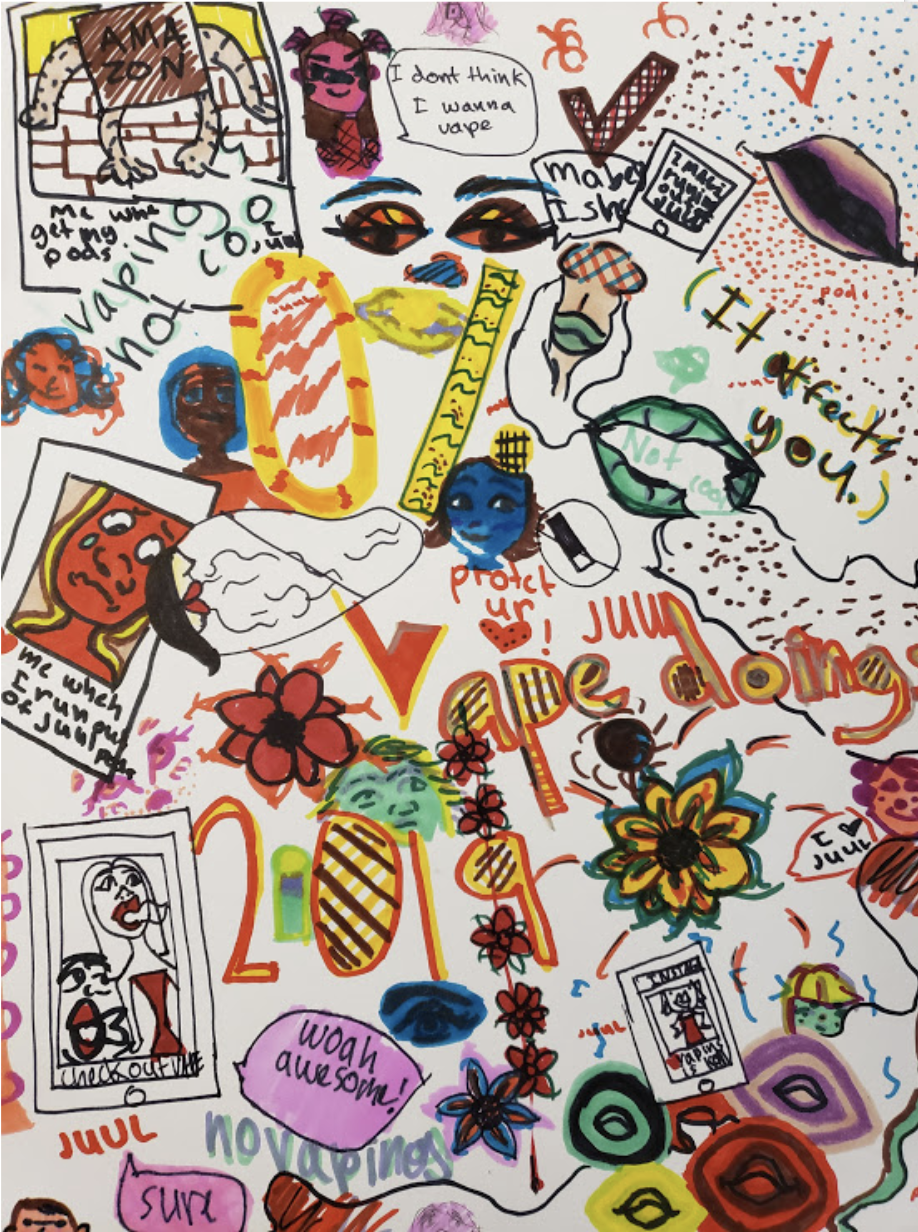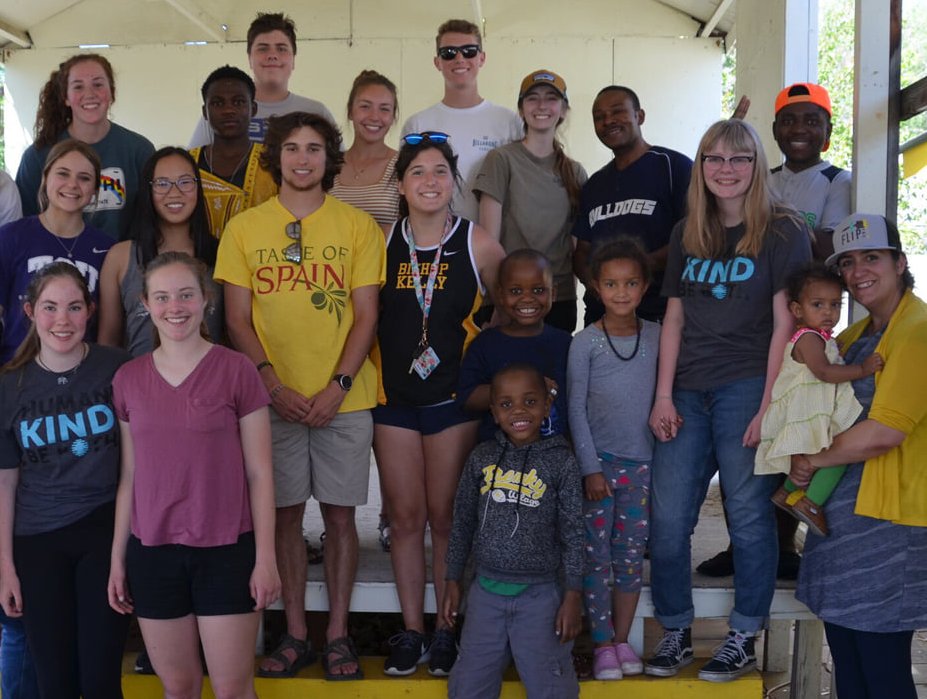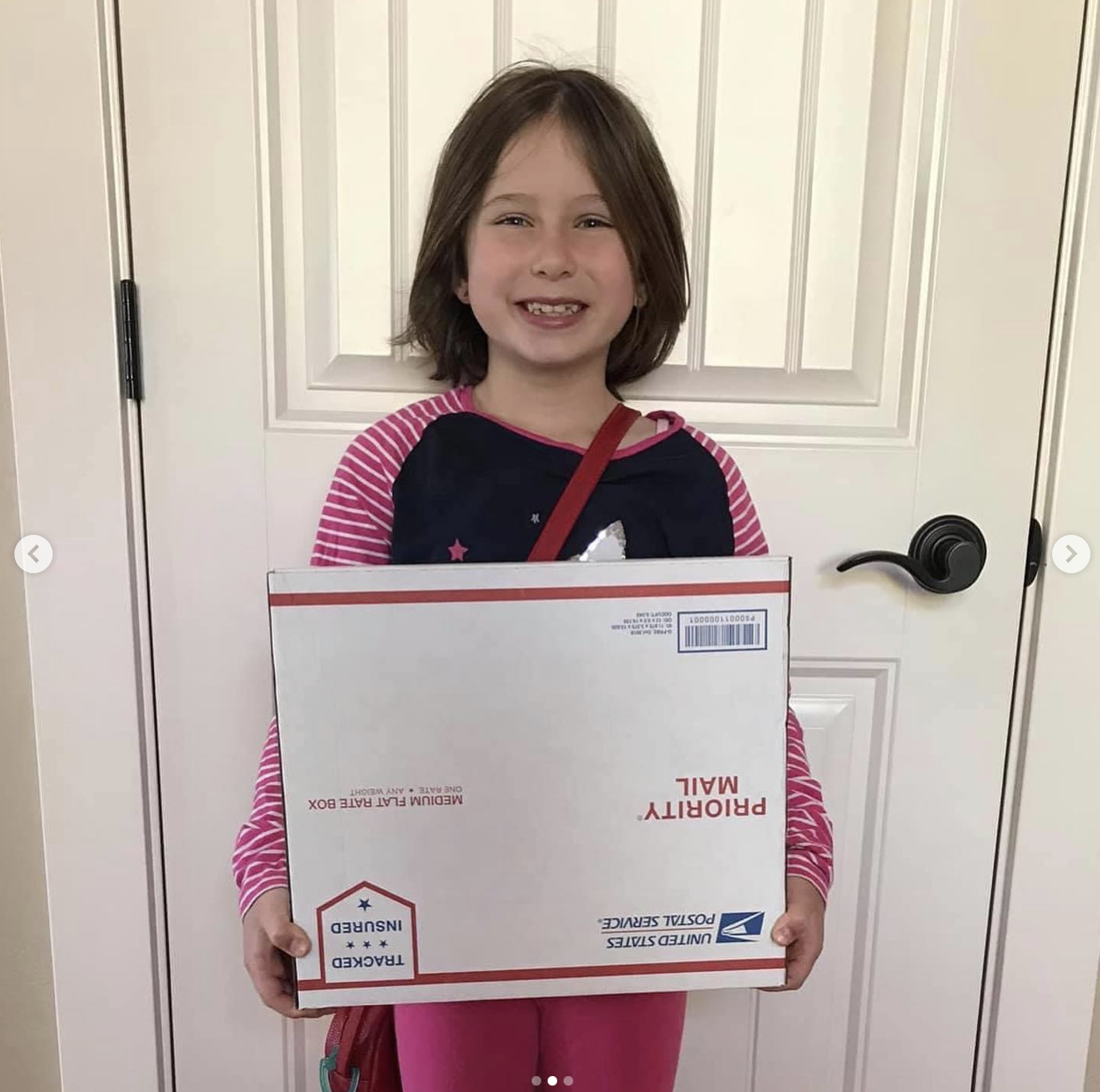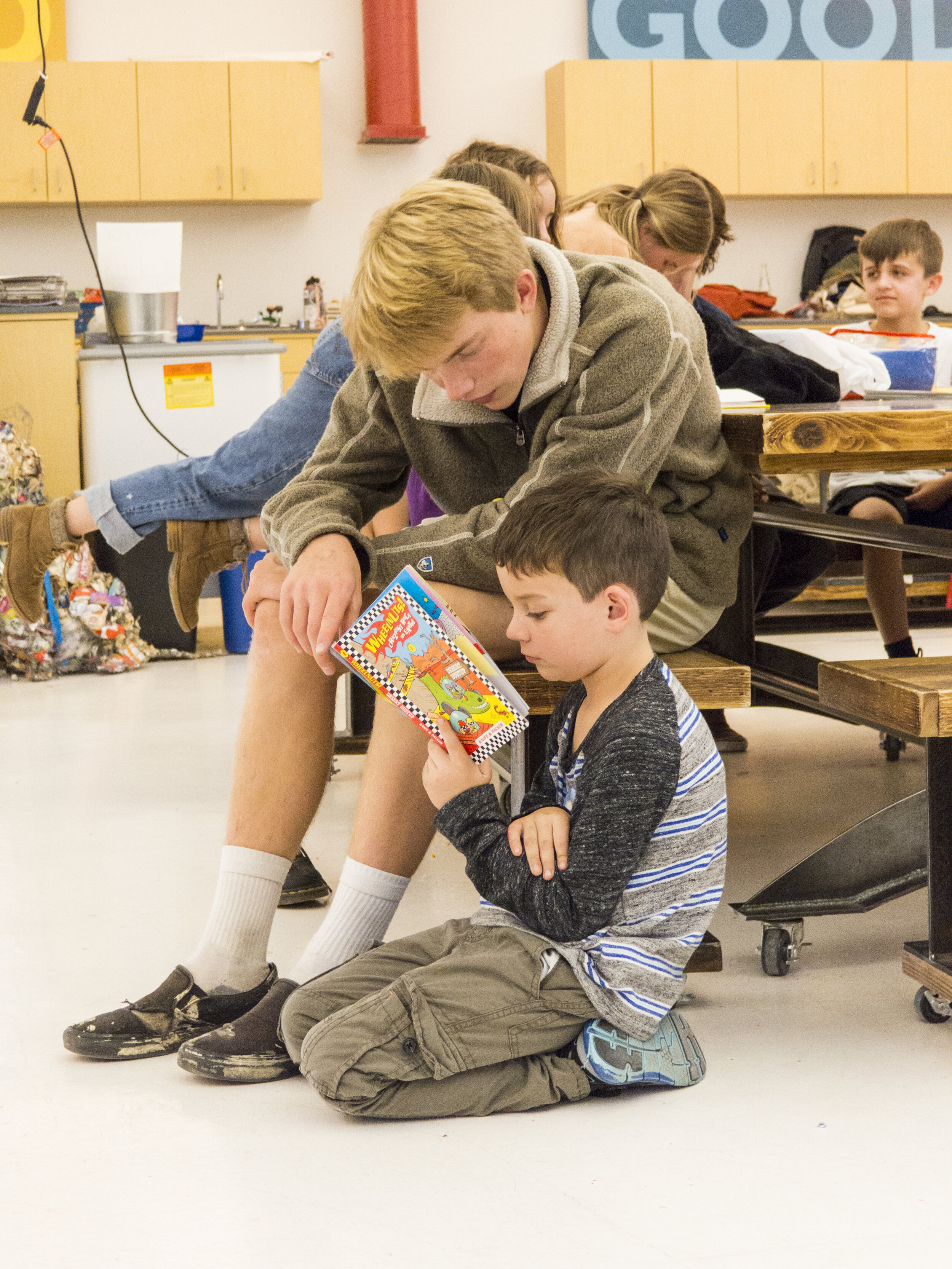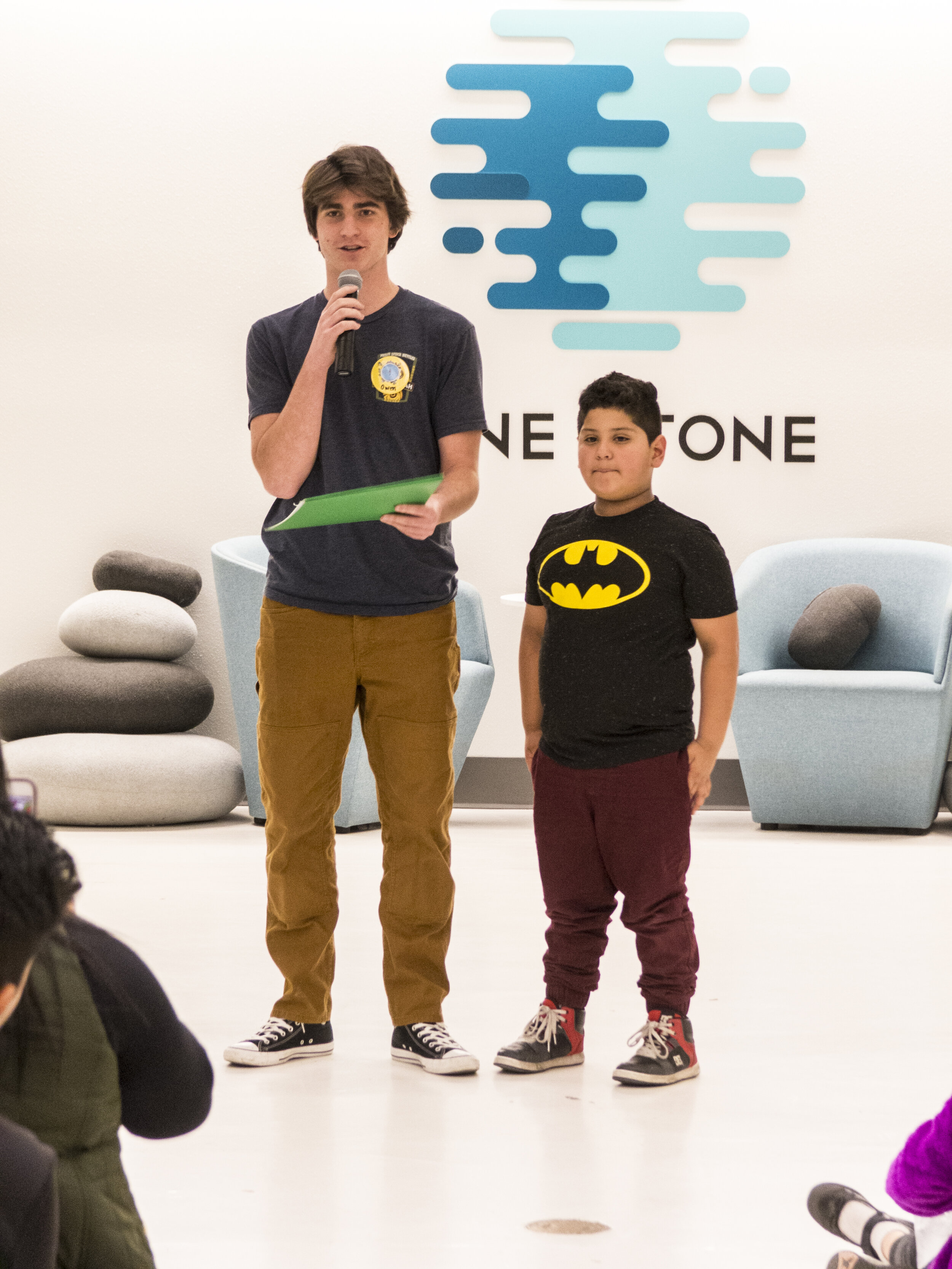How might we ignite a lifelong love of wellness in Future Public School 3rd and 4th graders through skateboarding and its culture?
During the fall of 2019, One Stone members met with Future Public School Movement Engineer, Peter Verdin, to dream big about how we might collaborate to use non-traditional movement activities and “risky play” to engage students at FPS in wellness practices that could last a lifetime. The team’s initial research into “risky play,” which is a term for exploratory, less structured play, revealed the potential for more engagement, ownership, and confidence than traditional PE activities. With this in mind, the team researched non-traditional movement activities and discovered that skateboarding has been linked to increased body awareness, balance, and, importantly, a growth mindset. Armed with this information, empathy interviews with FPS students indicating widespread interest in skating, and our team’s personal love of skateboarding and its culture, the team set off to ideate, prototype, and test opportunities for a spring 2020 skateboard focused implementation with FPS 3rd and 4th graders.
After engaging in repeated visits to Future Public School to connect with students, assess skills, and prototype skating skill building activities, the Future Public School Project Good team landed on a targeted solution to the question "HMW ignite a lifelong love of wellness in Future Public School 3rd and 4th graders through skateboarding and its culture?" Knowing that the team wouldn’t be able lead activities in-person during the two week skateboarding experience planned for early March at FPS, their solution was to create 8 skill building instructional videos that FPS students watched in rotation before practicing each skill, 1 video on safety and board adjustments, as well as a six-part stop-motion-video production curriculum focused on skate park and deck art design that was implemented in 3rd and 4th grade computer science courses.
In total, 180 3rd and 4th graders engaged in both the skateboarding and video production activities over a two-week period. They and the 14 One Stone Project Good members reveled in the success of this engaging implementation. Such high levels of participation were particularly encouraging, given the fact that prior to implementation, only 10% of the participants had experience with a skateboard.
Outcomes:
180 students from 3rd and 4th grade participated in the Future Public School Thrash Course
“Future Public School's kindergartners are so excited about the skateboarding program that they are almost in tears about not being in the program. Also, Amanda has seen a reduction in bad behavior - due to anticipation for the skateboarding program and because they've had more movement during the day. The school is incredibly grateful for the movement and for the computer science / movement curriculum design that the One Stone students have been providing.” - Future Public School Board Member Will Pigott
